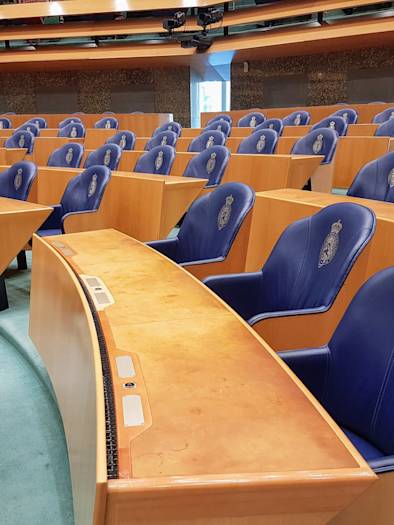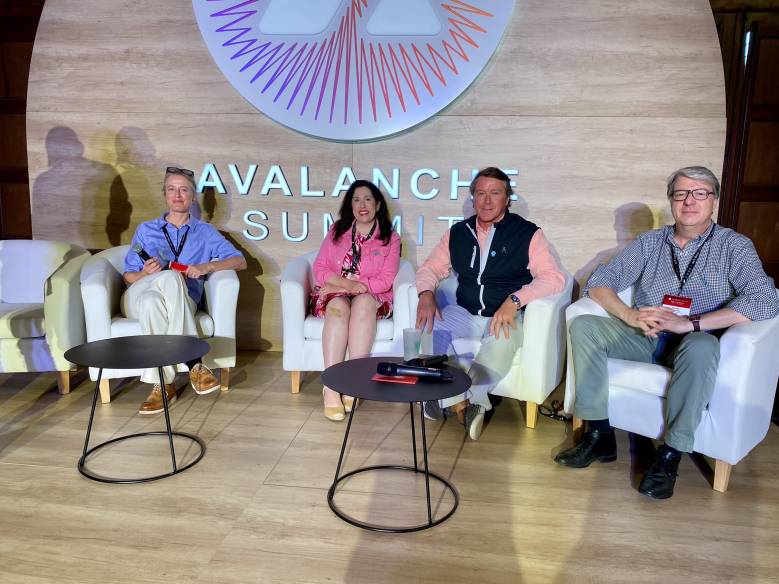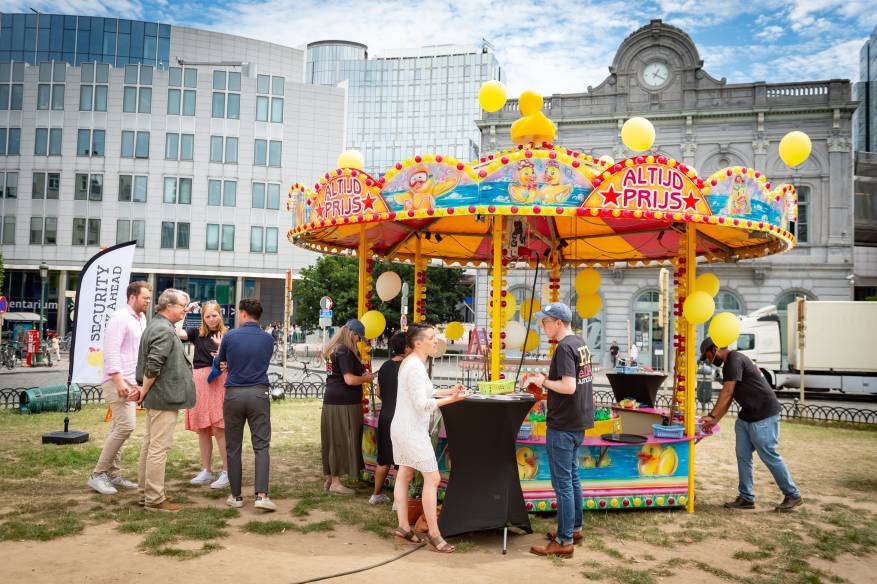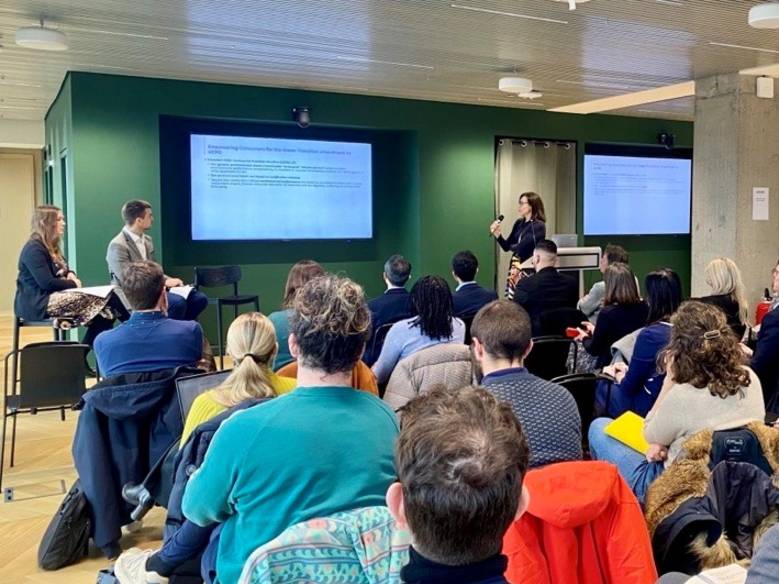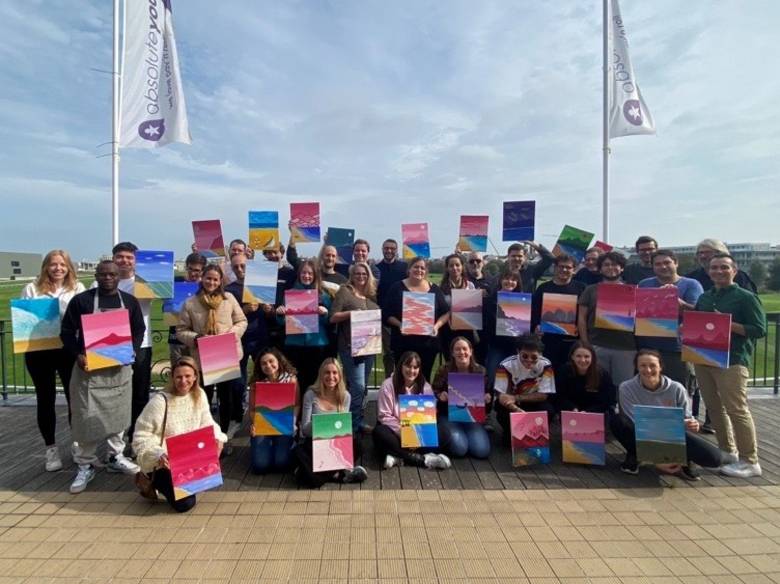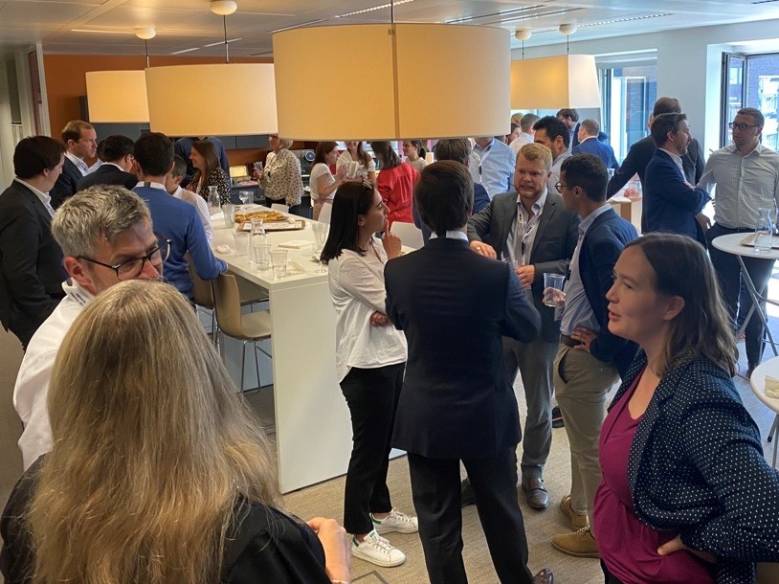Belgium
Brussels
NEO building, Rue Montoyer 51
1000 Bruxelles
Belgium
Obtenez l’itinéraire+32 27 37 95 00
Our purpose is to transform business outcomes and create groundbreaking impact by helping leaders innovate for growth, manage risk and build reputation.

Our Brussels team of multi-national, multi-cultural and multi-lingual consultants applies intellectual rigour and integrity to everything we do. We constructively challenge the status quo to co-create bold, impactful solutions for our clients and to ensure their goals are met.
CEO, Brussels (BE)
Our leadership in Brussels

CEO, Brussels (BE)
Karel Van Eetvelt

CEO, Europe
Melanie Faithfull Kent

Chairman, Belgium
Thomas Tindemans
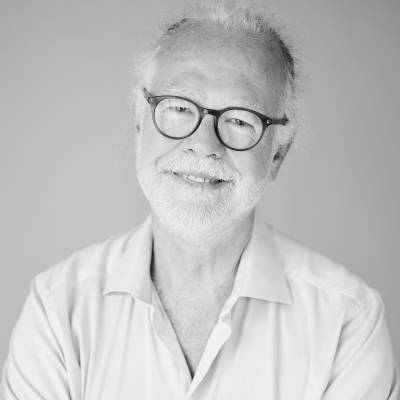
Executive Strategy Director
Alain Berger

Strategy Director
Valeria Salucci
- Voir toute l'équipe






